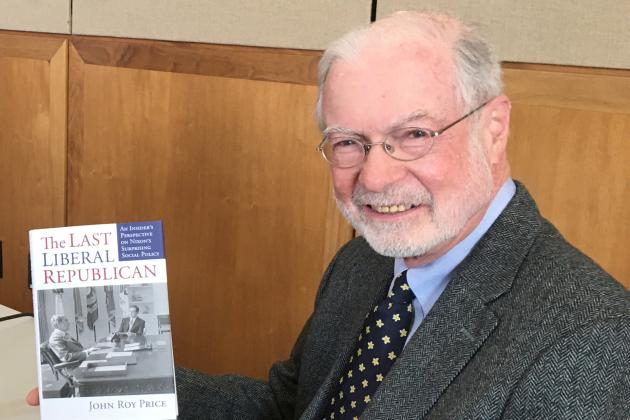PARTICIPANTS
Josh Rauh, Michael Boskin, Darrell Duffie, John Gunn, Matthew Gunn, Eric Hanushek, Dan Kessler, Stephen Langlois, Ron McKinnon, Monika Piazzesi, John Powers, John Raisian, Leena Rudanko, Martin Schneider, Ken Scott, George Shultz, John Taylor, Ian Wright
ISSUES DISCUSSED
Josh Rauh discussed his work on the funding of state and local government liabilities, including the size of the unfunded liabilities and potential solutions to the problem of funding them.
Rauh began by explaining that flawed budgeting procedures for deferred compensation and benefits on the part of state and local governments are what have led to budget problems for these governments and such large unfunded liabilities. Specifically, by discounting future benefits at higher discount rates than is appropriate, governments make it appear that the present value of these liabilities is lower than it actually is and that they need allocate less funding to simultaneously account for these liabilities and run a balanced budget.
Rauh then went on to discuss the size of the unfunded pension and health promises to state and local government workers. With the incorrect discount rates currently used, unfunded pension promises alone are estimated at $0.76 trillion, while using the Treasury curve to discount these liabilities raises this estimate to $4.5 trillion. The latter estimate amounts to $39,500 in unfunded liabilities per U.S. household. Additionally, since many state and local governments are running deficits on an ongoing basis, these amounts are continuing to grow.
Next, Rauh discussed actions some governments have taken in response to this issue, and the potential for changes in the accounting and funding of these liabilities. While multiple states have constitutional clauses restricting the diminishment of pensions, other states have made legal changes that change the priority and guarantee of future pension payments. Rauh concluded by proposing that defined contribution plans be introduced by governments, in place of defined benefit plans. Additionally, he recommended future liabilities be discounted at appropriate rates so governments cannot claim balanced budgets when they do not have them. Alternatively, governments could give employees a menu of reforms to choose from to introduce risk-sharing, or offer lump sum buyouts.









